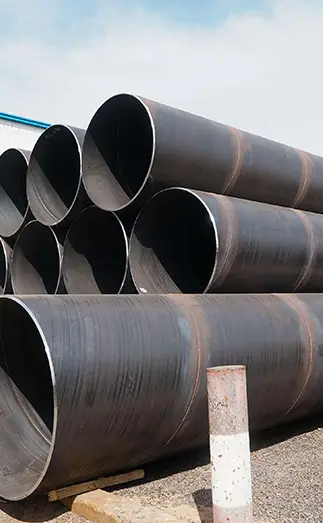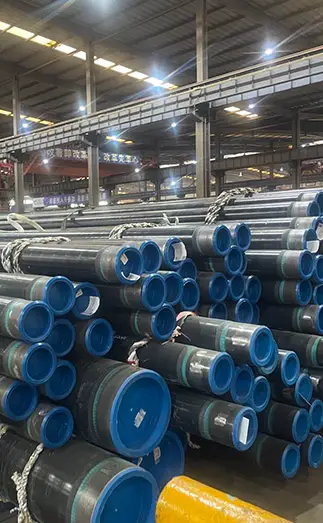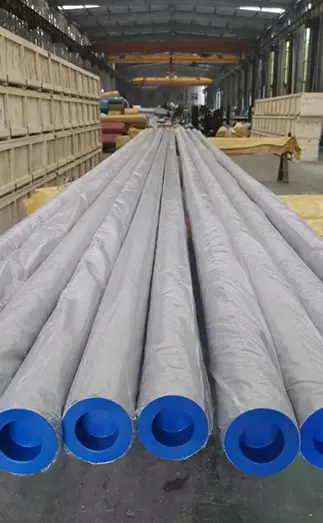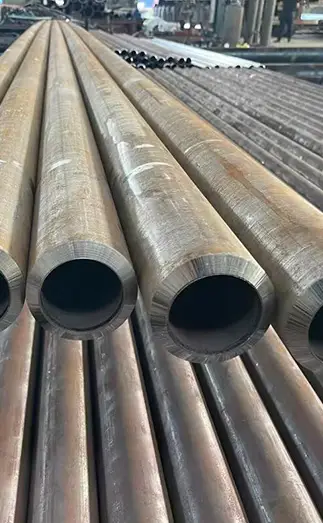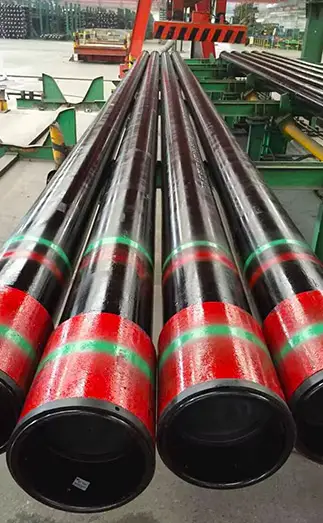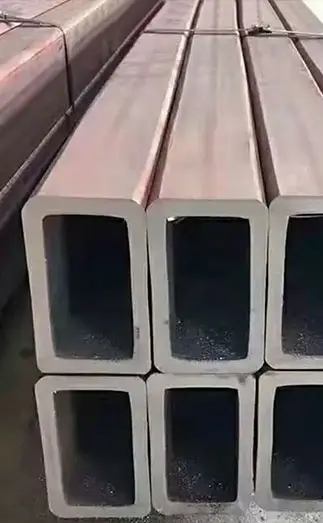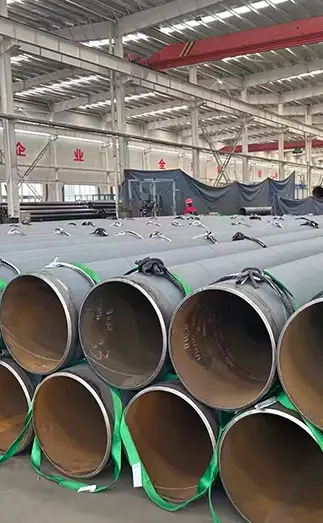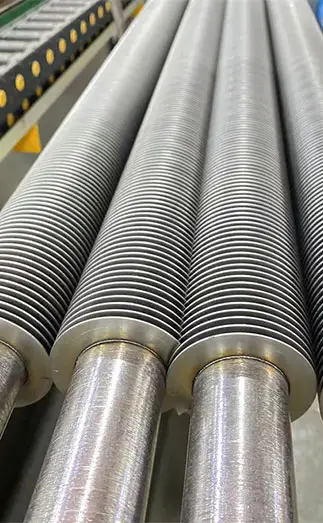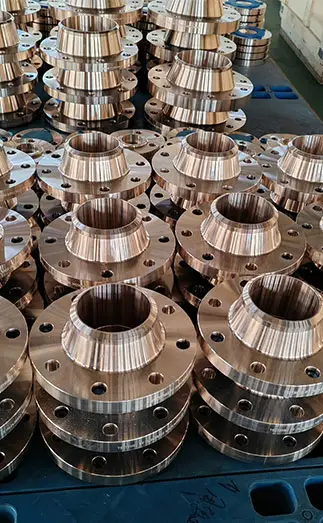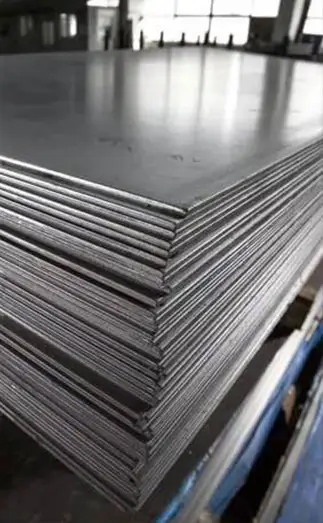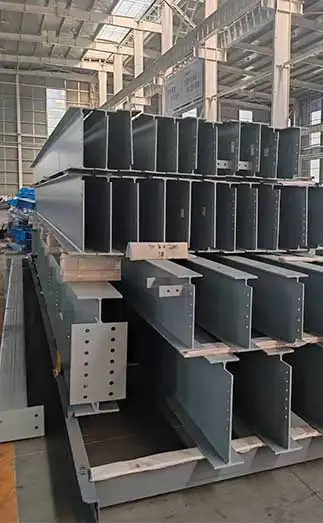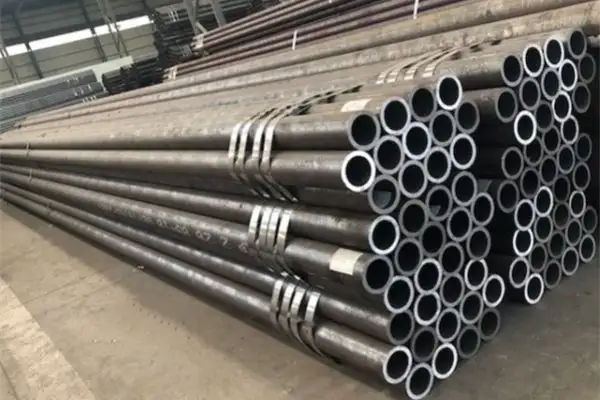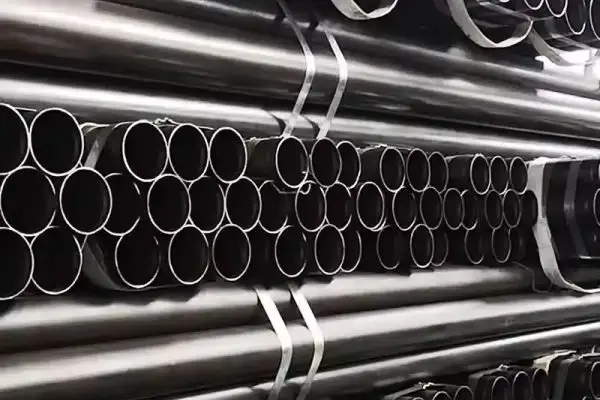Large-diameter thick-walled square and rectangular steel pipes are widely used in modern construction, machinery, and industrial projects.
With high strength, durability, and superior load-bearing capacity, these structural steel pipes are essential in steel frameworks, bridges, heavy equipment, and infrastructure.
Their square and rectangular cross-sections offer better bending and torsional resistance than round pipes, improving structural stability and efficiency.
Material Characteristics of Structural Thick-Walled Square and Rectangular Steel Pipes
These large-diameter structural steel pipes are produced from high-strength, low-alloy steel with excellent mechanical performance.
They feature:
High yield strength and tensile strength, ideal for heavy-load applications.
Excellent weldability and cold formability, simplifying fabrication and assembly.
Superior impact toughness, ensuring reliable operation under extreme conditions.
These material properties make thick-walled square and rectangular steel pipes a preferred choice for industrial and architectural steel structures.
Steel Pipe Manufacturing Process for Large-Diameter Square and Rectangular Pipes
The steel pipe manufacturing process involves several key steps to ensure quality and precision:
Raw Material Preparation
Select high-quality steel plates or billets, tested for composition and strength.
Heating and Piercing
Heat to the proper temperature and pierce into a hollow tube.
Rolling and Forming
Gradually roll and shape the tube into square or rectangular sections.
Heat Treatment
Apply quenching and tempering to improve mechanical performance and corrosion resistance.
Surface Finishing and Inspection
Conduct anti-corrosion treatment and non-destructive testing to ensure compliance with standards.
Every stage of steel pipe production is closely monitored to maintain consistent pipe strength and dimensional accuracy.
Advantages of Large-Diameter Thick-Walled Square and Rectangular Steel Pipes
High Structural Strength
Withstands heavy loads and complex stresses.
Excellent Toughness
Performs well under low-temperature or high-pressure conditions.
Superior Weldability
Ensures secure joints and efficient on-site installation.
Enhanced Corrosion Resistance
Extends service life with protective coatings.
Optimized Cross-Section Design
Square and rectangular shapes increase torsional stiffness and stability.
These benefits make large-diameter steel pipes ideal for long-term, high-performance applications in construction and industry.
Applications of Thick-Walled Square and Rectangular Structural Steel Pipes
Large-diameter square and rectangular steel pipes are used in various industries:
Building Construction: For high-rise buildings, stadiums, and bridge structures.
Machinery Manufacturing: Used in mining, heavy machinery, and port handling systems.
Automotive Industry: Ideal for chassis, reinforcement beams, and safety structures.
Petrochemical Systems: Reliable for high-pressure pipelines and equipment supports.
Public Infrastructure: Suitable for lamp posts, traffic signs, and wind-resistant installations.
These rectangular and square steel pipes are valued for their versatility and durability in demanding environments.
Market Outlook for Large-Diameter Thick-Walled Steel Pipes
The global demand for large-diameter thick-walled square and rectangular steel pipes continues to grow, driven by:
Rapid infrastructure development and urbanization.
Green manufacturing and low-emission production trends.
Technological innovation in forming, welding, and coating processes.
As industries pursue high-strength, sustainable materials, structural steel pipes will remain central to construction, energy, and transportation development worldwide.
Conclusion: The Future of Large-Diameter Square and Rectangular Steel Pipes
Large-diameter thick-walled square and rectangular steel pipes combine strength, efficiency, and longevity.
With ongoing innovation in steel pipe manufacturing, these products are set to play a vital role in infrastructure expansion, industrial modernization, and global engineering applications.



 English
English Español
Español Français
Français بالعربية
بالعربية